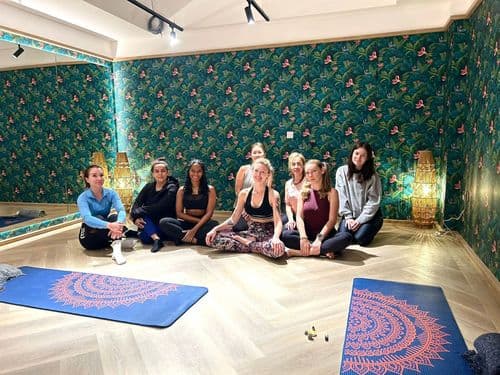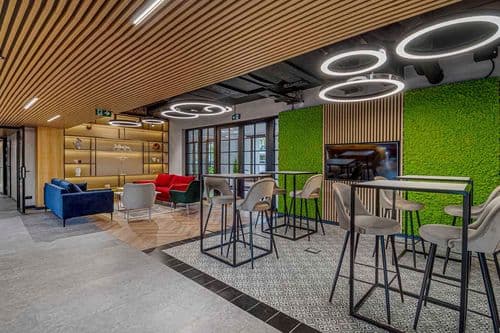Converting Offices Into Homes
Converting Offices into Homes by Vonder
Turning offices into housing. We take a look at how the City of London is taking an innovative approach to the city’s housing shortage.
The events of the last 12 months have brought many changes to how many of us work, for example. Those that can are working from home, or remotely, and this trend is set to continue well into 2021, if not more permanently too.
Large organizations, such as the banking giant HSBC are in no rush to have their employees return to their offices, and are instead taking the opportunity to reduce their physical office space, in a bit to reduce costs. HSBC plans to cut 3.6 million sq ft of its office space globally, an amount that equals 20% of its current work space.
This reduced demand for office space is encouraging local councils, and private developers alike, to look at converting these empty offices into residential housing. For many cities struggling to build enough new housing a year to match their growing populations, turning unused spaces into housing is a creative approach to a potential housing crisis.
The City of London
In April 2021, the City of London approached their plans to convert empty offices into housing, not simply to provide more housing, but also to revive areas left deserted without office workers filling them.
Their plan is to develop 1500 new homes by 2030 in the Square Mile area of the city. 35% of this housing will be allocated as ‘affordable housing’, with the aim of developing a higher percentage of affordable housing where it is deemed possible.
The development also comes with plans to encourage and support local creatives and artists - with the possibility of offering them long term lets in unused buildings. This part of the initiative aims to revive an area, with a different approach to economic growth and development. It encourages local artists and creatives, by offering secure leases and areas to collaborate and create.
The area already contains some 7,850 residential units, many built in the 1960s. But in recent years the area had become more popular with financial service firms, and their offices. As they make the shift to remote working, their empty offices demand to be used.
Office to housing
The conversion of unused office space into housing is not new. Pre pandemic days, remote working was already on the increase, and organizations were already beginning to question their commitment to large, expensive office spaces.
The development of Delta Point, in Croydon town centre, is one example of this. This rejuvenation saw the conversion of 29,000 sq m of what was once office space into 348 new housing units.
According to London Councils, between 2018 and 2021, the city has witnessed the conversion of over 830,000 sq m of office space into 16,600 new homes.
The pursuit of new housing in large cities demands a new approach to development. Taking unused spaces, be it former office, commercial or retail space, and converting them not only into housing but also revived areas where creatives, startups and local businesses have opportunities to grow, has the potential to witness the development of more vibrant, diverse and successful cities.
Cities, to survive, have to be flexible and agile in their growth and development. Turning office and commercial areas into new residential and creative neighbourhoods is a part of this agility. It also shows the ability of cities to continue to grow and improve, regardless of external events and factors beyond their control. This is the power and beauty of our urban centres, and is part of what makes them a magnet for new and existing residents alike.
At Vonder
At Vonder we believe in a creative approach to living, working and socializing that requires thinking beyond what we already know, and creating something better. Being a part of the revival of neighbourhoods, and a part of the movement to encourage creatives, by providing places for them to live and work, is important to us and our approach to co-living. We believe this to be true across all of our co-living London, Berlin, Warsaw and Dubai complexes.

Vonder Community Yoga Classes in Wembley, Munich and Beyond
Community Yoga Classes in Wembley, Munich, Warsaw & More
READ MORE
Co living East London With Vonder Shoreditch
Experience the best of modern living in London
READ MORE
What are Community Spaces & why are they important?
What are Community Spaces & why they matter by Vonder
READ MORE